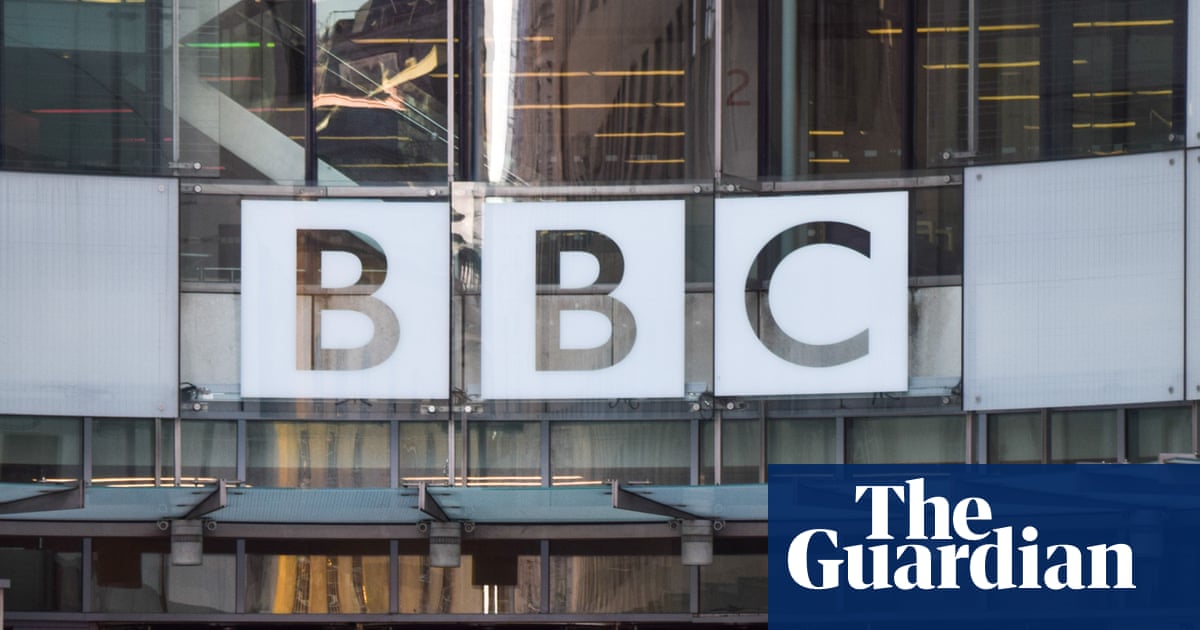The BBC has scrapped plans to show a documentary about medics inGazaafter concluding it “risked creating a perception of partiality” over the corporation’s coverage of the conflict.
In the latest controversy over the BBC’s coverage of the war, it announced that discussions over how to broadcast the film, or incorporate some of its footage into its news coverage, had “reached the end of the road”. It said it was now transferring ownership of the project to the independent production company that produced it.
Anger and frustration had been building for months over the status of Gaza: Doctors Under Attack, with some involved in the film believing it was originally due to be broadcast at the start of the year. There have been concerns that some of those featured in the programmecould withdraw their supportover the delays.
The BBC formally paused its broadcast after an investigation was launched into the making of another documentary, Gaza: How to Survive a War Zone. That programme waspulled from iPlayer earlier this year afterit emerged that its 13-year-old narrator was the son of a Hamas official. The review into its production continues.
However, the BBC said that after attempting to find other ways of using parts of the medics programme, produced by the independent Basement Films, it had concluded there were impartiality concerns and it would no longer be shown by the broadcaster.
“We wanted the doctors’ voices to be heard,” the BBC said in a statement. “Our aim was to find a way to air some of the material in our news programmes, in line with our impartiality standards, before the review was published. For some weeks, the BBC has been working with Basement Films to find a way to tell the stories of these doctors on our platforms.”
It added: “Yesterday it became apparent that we have reached the end of the road with these discussions. We have come to the conclusion that broadcasting this material risked creating a perception of partiality that would not meet the high standards that the public rightly expect of the BBC. Impartiality is a core principle of BBC News. It is one of the reasons that we are the world’s most trusted broadcaster.”
It also challenged claims the film had ever undergone the BBC’s final pre-broadcast signoff processes. “Any film broadcast will not be a BBC film,” it said.
The decision comes after the founder of Basement Films, Ben de Pear, took aim at the BBC during a documentary festival this week, saying BBC journalists were being “stymied and silenced”. He directly criticised the BBC director general, Tim Davie, whom he described as “a PR person”.
“All the decisions about our film were not taken by journalists; they were taken by Tim Davie,” he said. “Tim Davie is taking editorial decisions which, frankly, he is not capable of making.
“The BBC’s primary purpose is TV news and current affairs, and if it’s failing on that, it doesn’t matter what drama it makes or sports it covers. It is failing as an institution. And if it’s failing on that, then it needs new management.”
The decision also follows an appearance on BBC Radio 4’s Today programme by one of the journalists involved in the documentary, Ramita Navai, in which she described Israel as “a rogue state that’s committing war crimes and ethnic cleansing, and mass-murdering Palestinians”.
Challenged about her statement by the presenter Amol Rajan, who said that it was her opinion, she said it “isn’t my opinion” and that she had collected evidence during her work on the documentary.
The BBC said it had produced “powerful coverage” of the Gaza war, including documentaries. “We have also investigated allegations of abuse of Palestinian prisoners and Israel’s attacks on Gaza’s hospitals,” it said. “We want to thank the doctors and contributors and we are sorry we could not tell their stories. The BBC will continue to cover events in Gaza impartially.”
